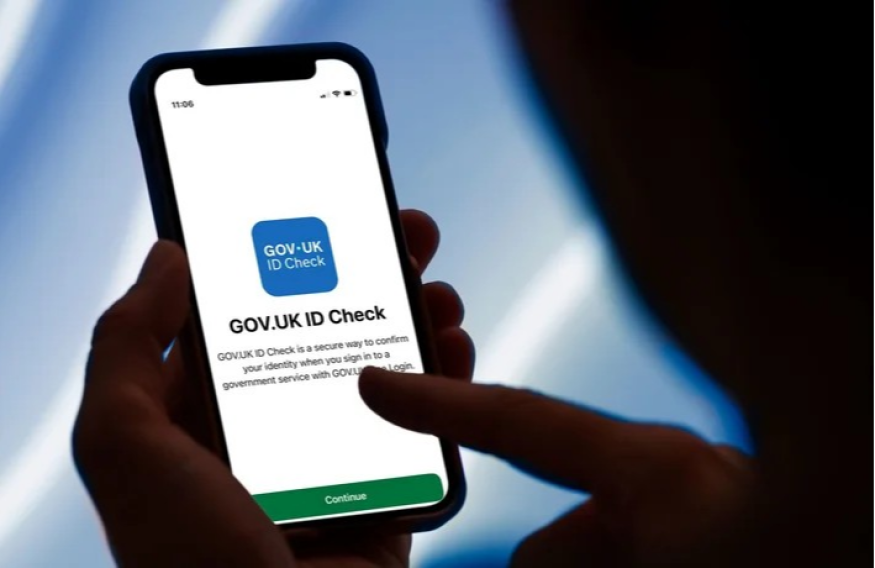
October 17, 2025
The UK government today launched its first official digital ID, a move which has sparked renewed public fury. Starting today Digital ID cards are being rolled out, in a controversial move which the government claims will make it easier for the use to acces public service. A digital Veteran Cards for ex-service personnel. Ministers hailed the rollout as a “modernization milestone,” part of a sweeping plan to digitize all forms of identification by 2027.
British Military Veterans can now access secure digital versions of their ID cards via smartphone. The government claims this will streamline access to services and discounts, and serve as a pilot for broader implementation.
Plans are already underway to extend digital IDs to all UK residents. Prime Minister Keir Starmer has proposed a mandatory system by 2029, modeled on India’s Aadhaar programme, with IDs tied to work eligibility, benefits, and public services.
Over 2.8 million people have signed a petition demanding the scheme be scrapped. You can view and sign the petition on Parliament’s official site. Civil liberties groups warn of mass surveillance, digital exclusion, and state overreach. Even Palantir, the controversial data firm, is said to have distanced itself from the project. Scottish First Minister John Swinney called the plan “ludicrous,” vowing to block it in Holyrood.
In late 2024, the Home Office replaced physical immigration documents with digital-only eVisas, affecting over nine million residents. The transition was marred by chaos: many were left stranded without proof of status, foreign nationals denied boarding on flights back to the UK, and over 120 formal complaints per month flooding the department. Legal experts warned of a “disastrous cliff-edge” and likened the rollout to a second Windrush scandal in the making
JamRadio spoke with privacy advocates who described the rollout as “a Trojan horse for biometric control.” Reform UK leader Nigel Farage dubbed it an “anti-British card”. Meanwhile, some veterans welcomed the move, citing easier access to support.









